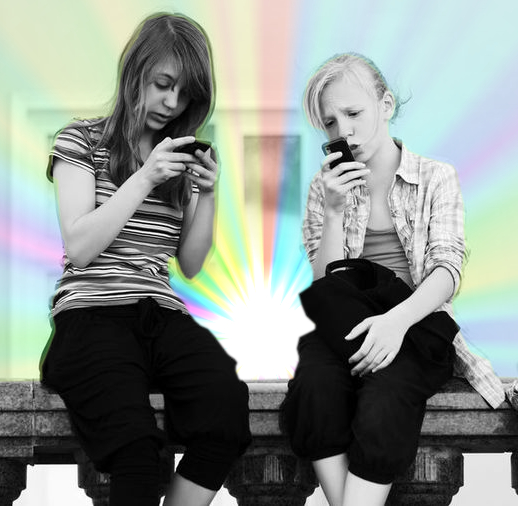Social media harms reviewed
 A new study suggests that social media use may contribute to an increase in mental health issues such as depression and anxiety among young people.
A new study suggests that social media use may contribute to an increase in mental health issues such as depression and anxiety among young people.
The meta-analysis, which spans 16 years of research and includes data from 143 studies, highlights a significant gap in clinical research on this topic.
The research found that only 11 per cent of the studies examined clinical populations, while 88 per cent focused on the general population.
The findings from the clinical studies indicated a small but significant association between social media use and increased internalising symptoms, mirroring results observed in the general population.
The study reviewed peer-reviewed publications from major databases such as MEDLINE, Web of Science, PsycInfo, and Scopus, covering the period from 2007 to 2023.
The selection process excluded experimental studies and randomised clinical trials, focusing instead on cross-sectional and longitudinal studies that quantified the association between social media use and internalising symptoms like anxiety and depression.
From the analysed data, which encompassed 1,094,890 adolescents and 886 effect sizes, the clinical samples showed a positive and significant meta-correlation between social media use and internalising symptoms. For instance, time spent on social media was linked to a slight increase in these symptoms, as was user engagement.
The researchers concluded that the findings highlight a critical gap in the literature, particularly given public concerns about rising mental health issues among adolescents.
They called for more clinical research to better understand the nuances of social media's impact on mental health in different population groups.
The study's results underline the need for targeted interventions and policies to mitigate the potential adverse effects of social media on young people’s mental health.








 Print
Print